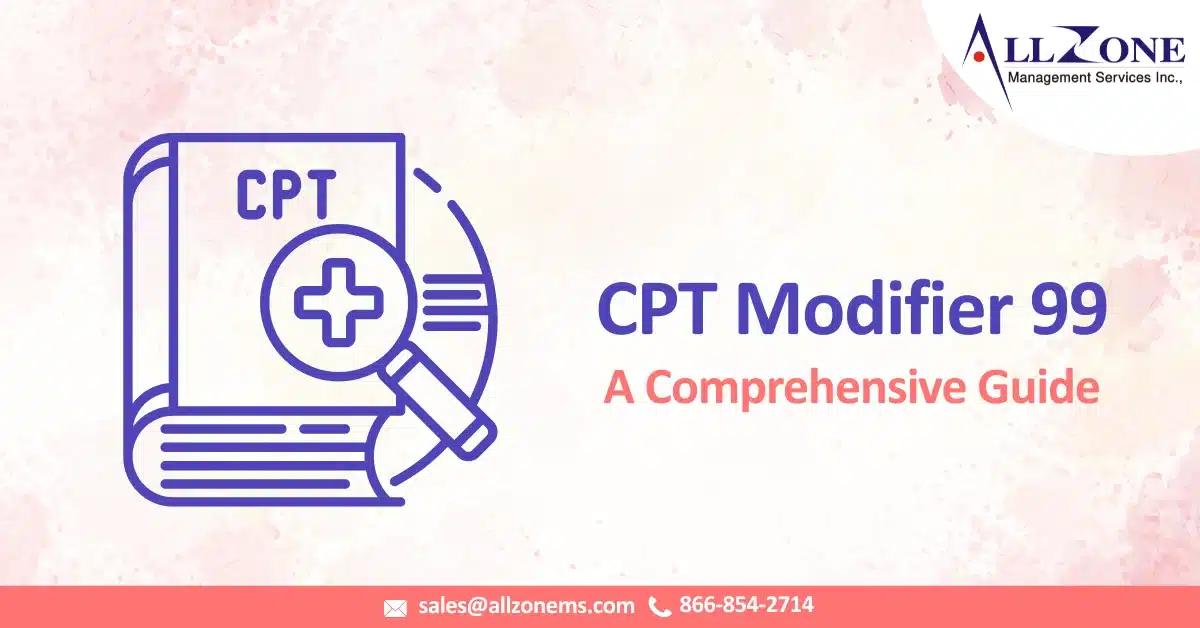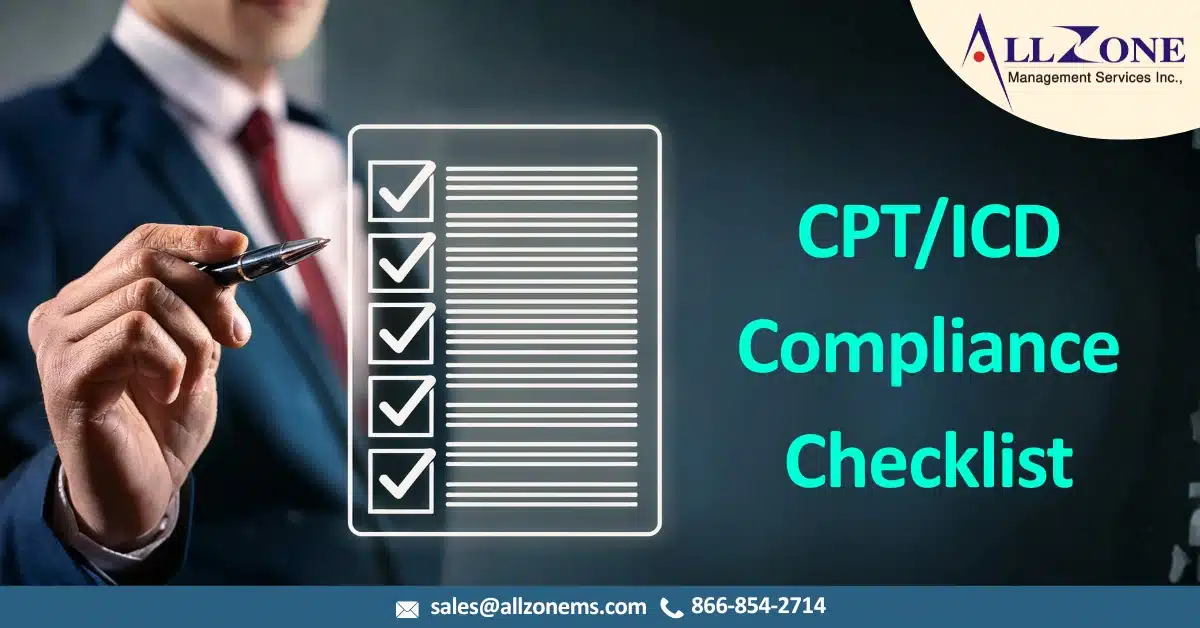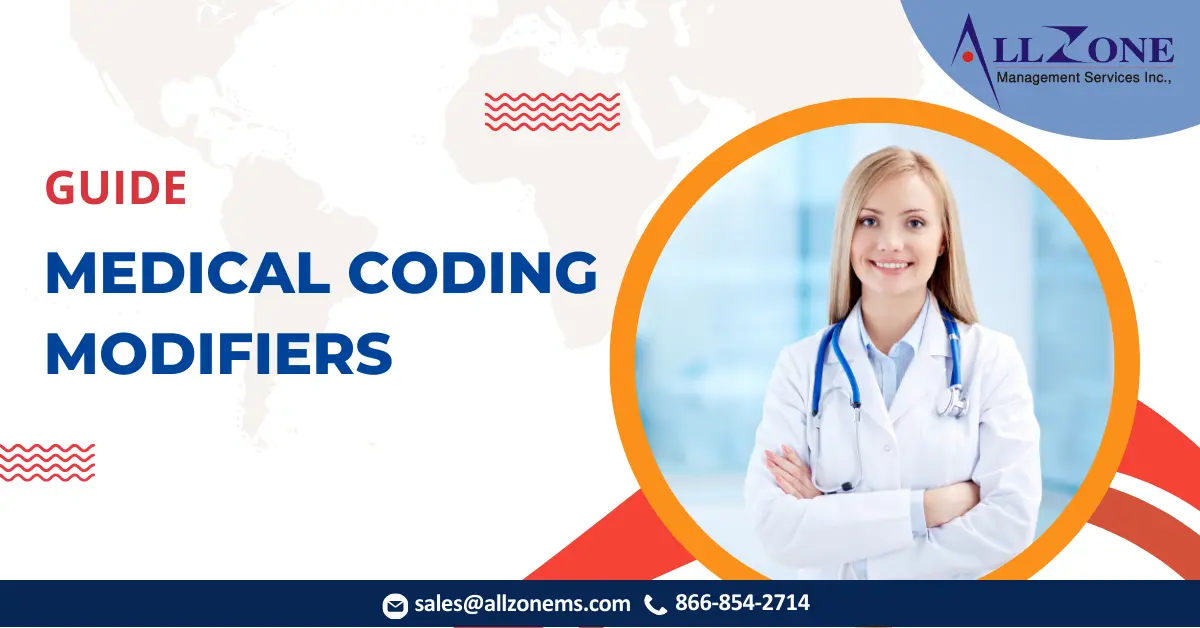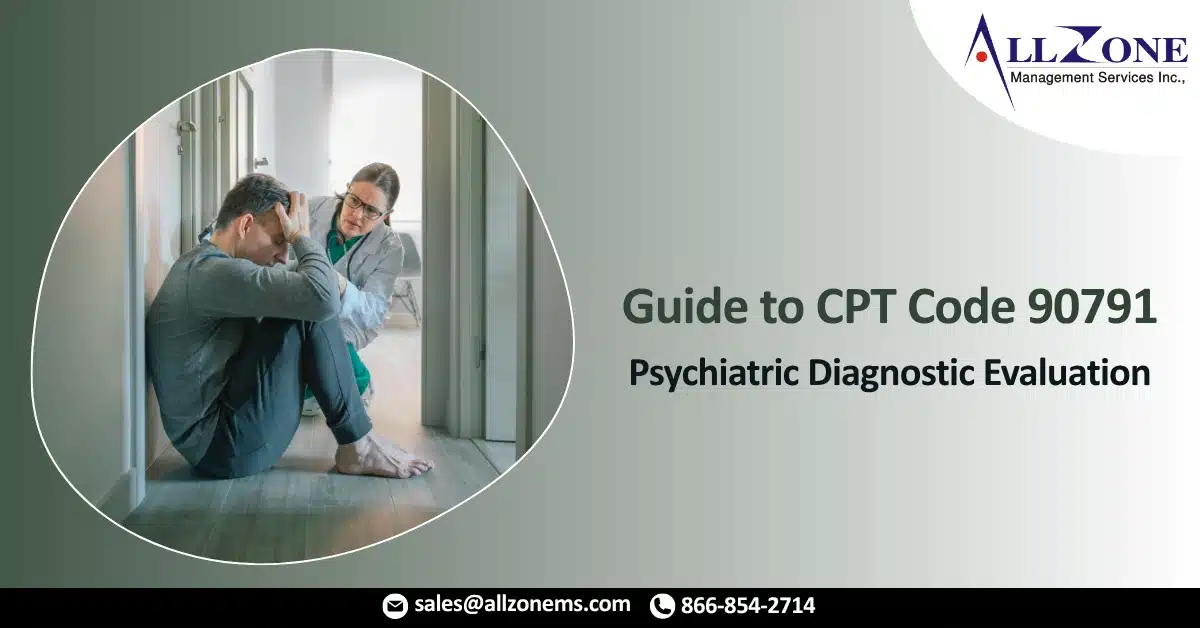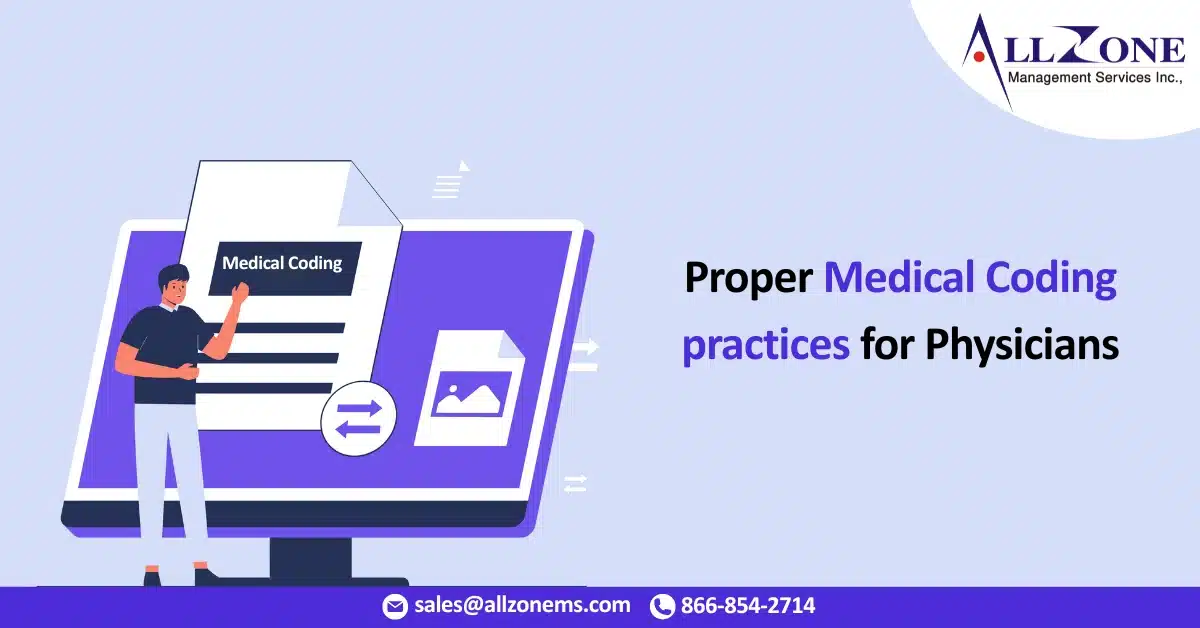Key Takeaways CPT Modifier 99 signals that multiple modifiers apply to a single service. Always list Modifier 99 first, followed by others in documentation. Use it only when two or more modifiers are needed to accurately describe the procedure. Check payer rules before applying Modifier 99—some systems allow multiple modifiers without it. Partnering with experts […]
Total knee arthroplasty (TKA), also known as total knee replacement, is one of the most commonly performed orthopedic procedures in the United States. With the rising number of patients suffering from osteoarthritis, rheumatoid arthritis, and other degenerative joint diseases, the demand for accurate coding and billing for knee replacement surgeries has never been greater. For […]
In today’s highly regulated healthcare environment, CPT and ICD code compliance isn’t just about accuracy—it’s about protecting your revenue, safeguarding against penalties, and ensuring smooth reimbursements. Healthcare providers and billing teams face increasing pressure to align with payer rules, CMS guidelines, and continuous code updates. A single coding error can result in denied claims, delayed […]
In the world of medical coding, modifiers are like the punctuation marks of clinical documentation—they clarify intent, add nuance, and ensure that payers fully understand the story behind the service provided. When applied correctly, modifiers safeguard compliance, prevent denials, and guarantee appropriate reimbursement. When applied incorrectly, they can spark audits, lead to revenue loss, or […]
In the intricate world of medical billing and coding, understanding specific CPT (Current Procedural Terminology) codes is paramount for healthcare providers and patients alike. Among these, CPT code 90791 holds a significant place, representing a crucial initial step in mental health care: the psychiatric diagnostic evaluation. This comprehensive guide will delve into the nuances of […]
Every code, every modifier, plays a crucial role in ensuring accurate reimbursement for services rendered. For anesthesia providers, understanding and correctly applying modifiers is particularly critical, as their services often involve complex scenarios. Among these, the GY modifier stands out as a powerful, yet often misunderstood, tool for ensuring proper payment for non-covered services. If […]
In the complex world of medical billing, few specialties present as many coding challenges as gastroenterology. Endoscopy billing—covering a wide range of procedures from colonoscopies to upper GI endoscopies—is a cornerstone of diagnostic and therapeutic care. However, the intricate rules governing their billing can be a minefield for healthcare providers and billing professionals. A single […]
In today’s evolving healthcare environment, medical billing compliance is more than just a legal requirement—it’s a strategic safeguard for your medical practice. As regulations tighten and audits become more frequent, staying compliant with medical billing standards helps protect your practice from costly fines, revenue losses, and reputational damage. What Is Medical Billing Compliance? Medical billing […]
The difference between a thriving medical facility and one struggling with cash flow often lies in the precision and strategic application of its coding processes. Maximizing reimbursements and strengthening financial health hinges on a proactive approach to medical coding – one that goes beyond simply assigning codes and delves into optimizing every facet of the […]
For physicians, understanding and implementing proper medical coding practices isn’t just about administrative efficiency; it’s the lifeblood of your practice, directly impacting reimbursement, compliance, and ultimately, your financial health. Ignoring or mismanaging medical coding can lead to a cascade of problems: denied claims, delayed payments, audits, and even legal repercussions. On the other hand, mastering […]

